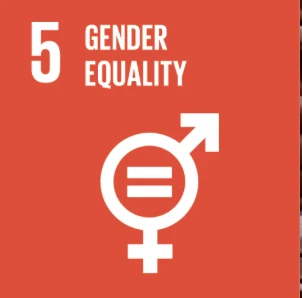A sleep regression is when your baby, who is usually a good sleeper, starts waking up more at night and struggling to sleep or nap.
These little setbacks are temporary and relate to your baby’s development. They don’t mean your baby has bad sleep habits.
Regressions can last days or weeks depending on how you handle them. You’ll normally spot them around the ages of:
To identify a sleep regression, look out for progress in your baby’s development, such as:
- A motor skills milestone, like turning over, learning to sit or learning to walk.
- A sleep pattern change, like starting to take fewer naps.
- A period getting used to a new sleep prop.
- Cognitive development, like new social interactions or language acquisition.
Sleep regressions can seem challenging because there’s so little information about them.
And whilst they may be frustrating, they show your baby is developing healthily.
By understanding sleep regressions, you can help your baby get through them without affecting their long-term sleep habits.













